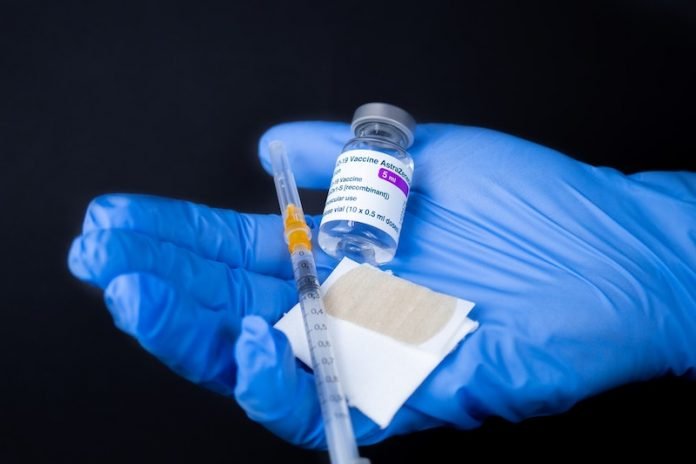
In a new study from UCLA, researchers have identified rare, naturally occurring T cells that are capable of targeting a protein found in SARS-CoV-2 and a range of other coronaviruses.
The findings suggest that a component of this protein could potentially be added to COVID-19 vaccines to create a longer-lasting immune response and increase protection against new variants of the virus.
Most COVID-19 vaccines use part of the spike protein found on the surface of the virus to prompt the immune system to produce antibodies.
However, newer variants—such as delta and omicron—carry mutations to the spike protein, which can make them less recognizable to the immune cells and antibodies stimulated by vaccination.
A new generation of vaccines will likely be needed to create a more robust and wide-ranging immune response capable of beating back current variants and those that may arise in the future.
One way to accomplish this is by adding a fragment of a different viral protein to vaccines—one that is less prone to mutations than the spike protein and that will activate the immune system’s T cells.
When a T cell encounters an antigen its receptor recognizes, it self-replicates and produces additional immune cells, some of which target and kill infected cells immediately and others that remain in the body for decades to fight that same infection should it ever return.
In the study, the team focused on the viral polymerase protein, which is found not only in SARS-CoV-2 but in other coronaviruses, including those that cause SARS, MERS and the common cold.
The researchers exposed blood samples from healthy human donors (collected prior to the COVID-19 pandemic) to the viral polymerase antigen.
They found that certain T cell receptors did, in fact, recognize the polymerase. They then genetically sequenced these receptors and tested the receptors’ ability to recognize and kill SARS-CoV-2 and other coronaviruses.
The team says as new, potentially more contagious variants emerge, vaccines may need to be updated—and the new findings point toward a strategy that may help increase protection and long-term immunity.
If you care about COVID, please read studies about vaccines that beat natural immunity in fight against COVID-19, and findings that COVID-19 vaccines need to be shored up with a plant-based diet.
For more information about the pandemic, please see recent studies about which COVID-19 vaccine elicits the strongest immune responses, and results showing that many Americans take immune-weakening drugs that may reduce COVID vaccine effects.
The study is published in the journal Cell Reports. One author of the study is Pavlo A. Nesterenko.
Copyright © 2021 Knowridge Science Report. All rights reserved.



